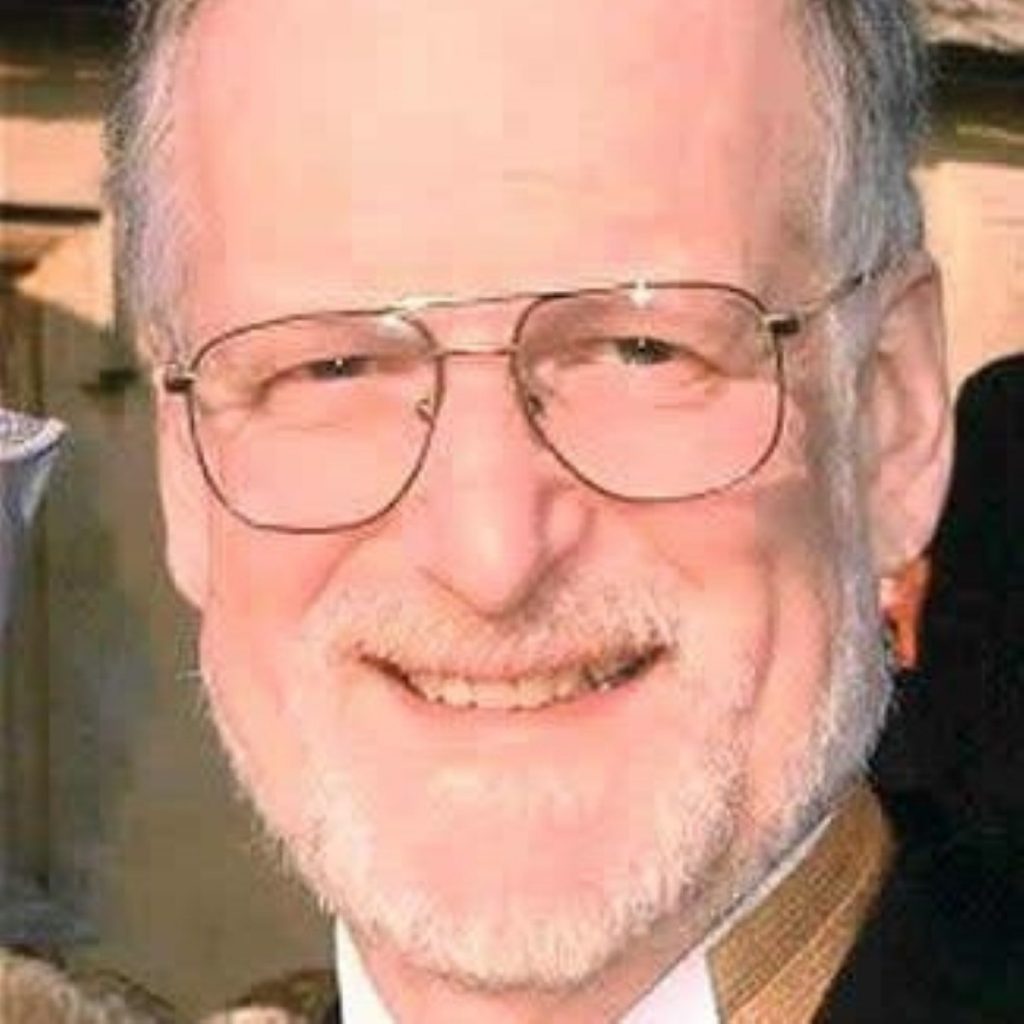Blair aide details Dr Kelly crisis talks
One of Tony Blair’s most senior aides gave evidence to the Hutton Inquiry into the death of Ministry of Defence scientist Dr David Kelly today.
Downing Street chief of staff Jonathan Powell described how senior officials were summoned to the Prime Minister’s office on the morning of Monday July 7th.
Mr Blair called the crisis talks to discuss how best the government should cope with the news that Iraqi arms expert Dr Kelly had spoken to the BBC about the creation of a dossier on weapons of mass destruction.
The talks included the chairman of the Joint Intelligence Committee, John Scarlett, the Cabinet Office intelligence and security co-ordinator Sir David Omand, and the Ministry of Defence permanent secretary Sir Kevin Tebbit.
Foreign Secretary Jack Straw and Downing Street communications chief Alastair Campbell attended later.
Mr Powell said that Mr Blair had asked at the meeting what Dr Kelly was likely to say if he went before the committee.
Sir Kevin had warned that, while Dr Kelly had supported the war as he had no doubt that Saddam Hussein did have weapons of mass destruction, he might have some “uncomfortable” things to say about specific items.
Mr Powell commented that Mr Blair had said that the MoD should continue to handle the case “following whatever internal processes are normal”.
He said they were told at the meeting that Dr Kelly “didn’t expect to remain anonymous… it was the view of most of us that in the end, this was going to become public… in many ways, we were surprised it hadn’t become public.”
Dr Kelly was summoned to London from a training day immediately after the meeting for a second interview with Ministry of Defence bosses.
Mr Powell also revealed that he and Alastair Campbell had been among those who drew up a Ministry of Defence press release, seen by many as helping to disclose Dr Kelly’s identity.
He insisted that he and other officials were sure that Dr Kelly had been the source quoted in BBC defence correspondent Andrew Gilligan’s report, in which he suggested that the government had “sexed up” the first dossier on Iraqi weapons, but the Ministry of Defence’s view was that Mr Gilligan had “embellished” the scientist’s comments.
Earlier Pam Teare, head of the Ministry of Defence press office, told the inquiry that there had been frequent discussions with Downing Street after Dr Kelly came forward, but it had been the Ministry of Defence’s decision to “out” the arms expert.
Dr Kelly apparently committed suicide shortly after giving evidence to the House of Commons Foreign Affairs Committee after he became embroiled in a row between the BBC and the government over the use of weapon’s intelligence in the lead up to the Iraq war.





-01.png)